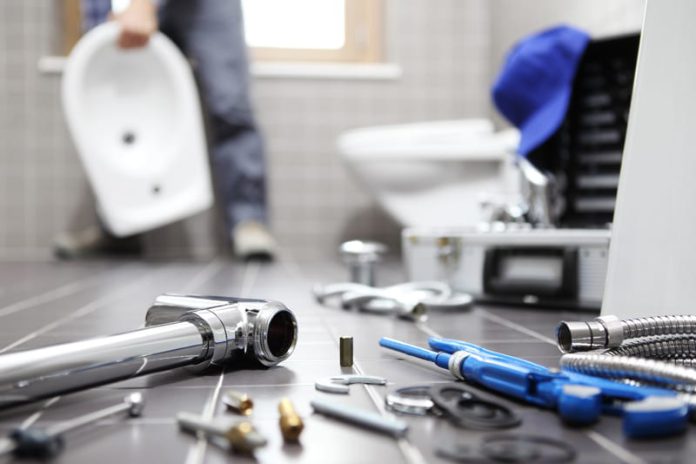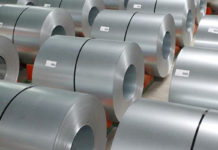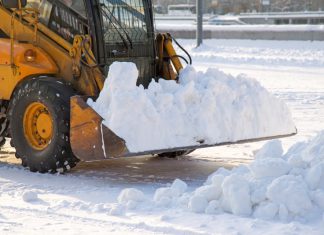Whether you’re a homeowner or a business owner, plumbing issues are an inevitable part of life. From leaky faucets to clogged drains, plumbing problems can arise unexpectedly and disrupt your daily routine. While some minor issues can be resolved with a DIY approach, there are certain signs that indicate the need for professional intervention.
In such cases, it’s crucial to call a reliable plumber who can address the problem efficiently and prevent further damage. Here are six major signs when you should consider reaching out to a plumber, such as an emergency plumber in Sydney.
- Persistent Low Water Pressure – If you’ve noticed a significant decrease in water pressure throughout your home or business, it’s time to call a plumber. Low water pressure can be indicative of various underlying issues, such as a clogged pipe, a faulty water pressure regulator, or even a leak in the main water line. An experienced plumber will be able to diagnose the root cause of the problem and implement the necessary repairs or replacements to restore your water pressure to normal.
- Leaking Pipes or Faucets – Leaking pipes or faucets may seem like minor nuisances, but they can lead to significant water wastage and costly water damage if left unattended. The constant dripping can also cause mold growth, which poses health risks. Whether it’s a small leak or a major burst pipe, calling a plumber is crucial to fix the issue promptly. A professional plumber will have the expertise and tools to detect the source of the leak and perform the necessary repairs, ensuring your plumbing system operates smoothly.
- Slow Draining or Clogged Drains – A slow-draining sink or bathtub is not only inconvenient but can also be a sign of a clogged drain. Clogs can occur due to various reasons, such as hair, grease, soap residue, or foreign objects that have been flushed down the drain. While you may attempt to clear the blockage with a plunger or chemical drain cleaner, these methods often provide temporary relief and fail to address the root cause. By calling a plumber, you can ensure that the clog is effectively removed without causing any damage to your pipes.
- Foul Odours – Unpleasant odours emanating from your drains or sewer lines can indicate a more serious plumbing issue. These odours are often caused by trapped food particles, debris, or even a broken sewer line. Ignoring such odours can lead to a sewage backup, which can be hazardous to your health and require extensive repairs. In such cases, it’s best to contact a professional plumber who can identify and resolve the underlying problem before it escalates.
- Water Heater Issues – If you’re experiencing problems with your water heater, such as insufficient hot water or inconsistent water temperature, it’s wise to seek professional assistance. Water heater malfunctions can be caused by faulty thermostats, sediment build-up, or a malfunctioning heating element. A trained plumber will have the necessary expertise to diagnose and repair the issue, ensuring that you have a reliable and efficient water heater.
- Gas Leaks or Gas Line Issues – Gas leaks are emergencies that require immediate attention. If you smell gas in your home or business premises, evacuate the area immediately and contact a professional gas plumber in Sydney. Gas leaks are hazardous and can lead to fires, explosions, or carbon monoxide poisoning. A licensed gas plumber will have the expertise and specialized equipment to detect and repair gas leaks, ensuring the safety of your property and its occupants.
In conclusion, when it comes to plumbing issues, it’s essential to recognize the signs that require professional assistance. Whether it’s a gas plumber in Sydney or an emergency plumber in Sydney, calling a reliable and experienced professional will help you avoid further damage, ensure the safety of your property, and restore the functionality of your plumbing system. Remember, attempting to fix complex plumbing problems on your own can often worsen the situation and lead to more expensive repairs down the line.















